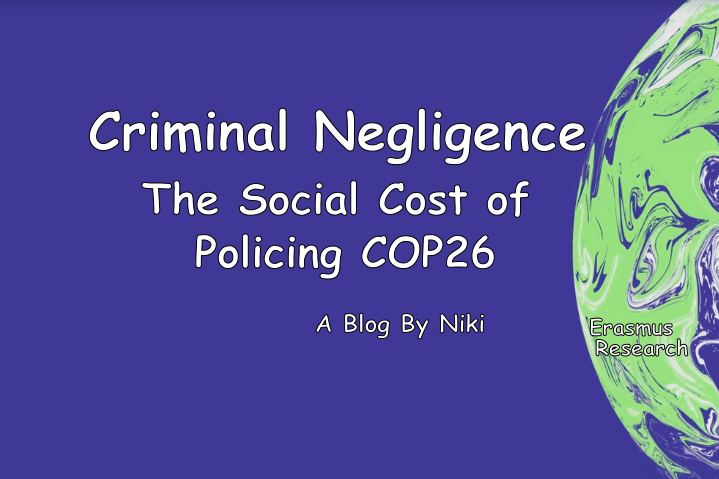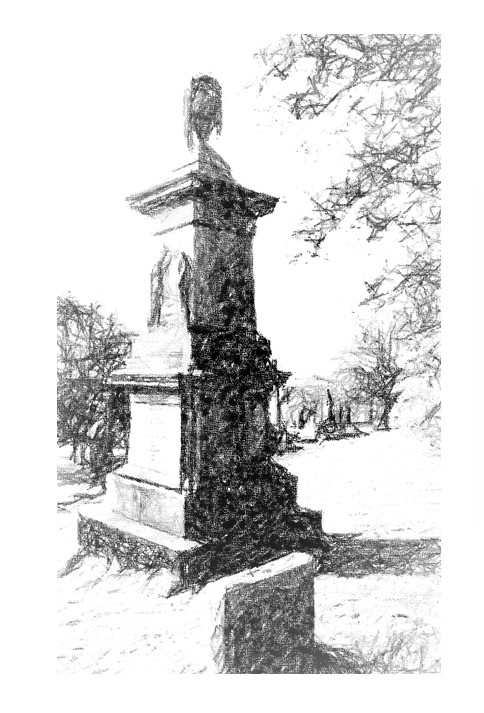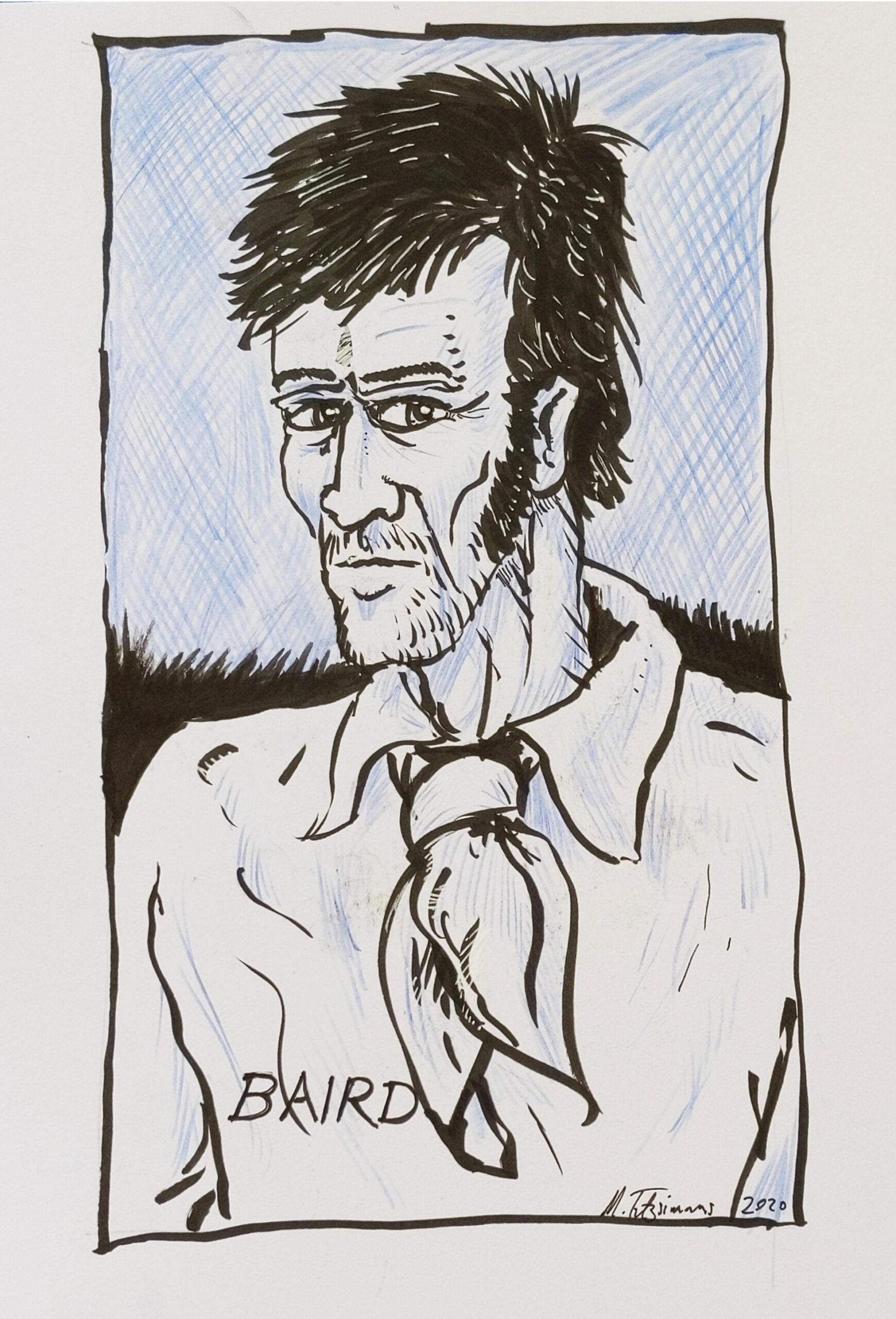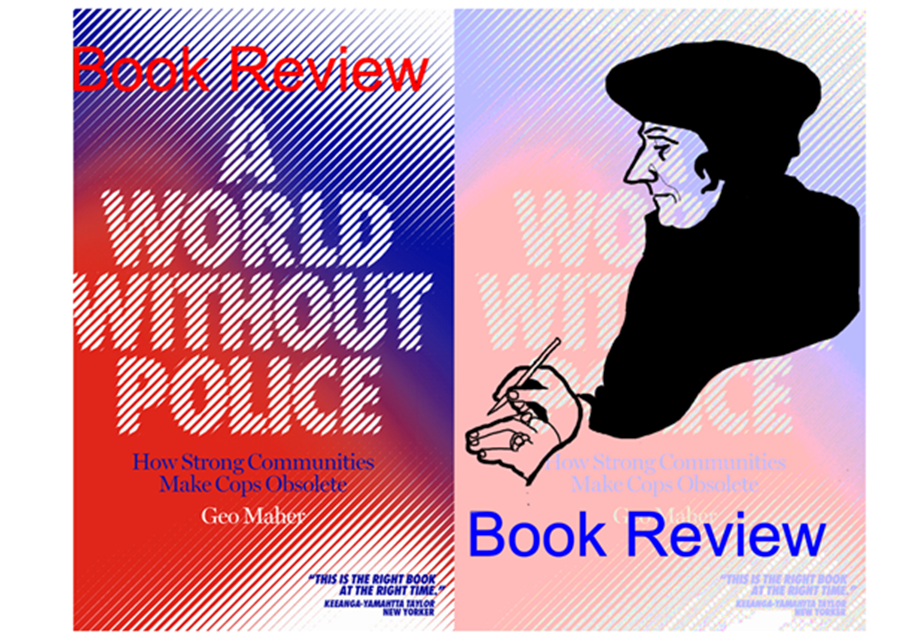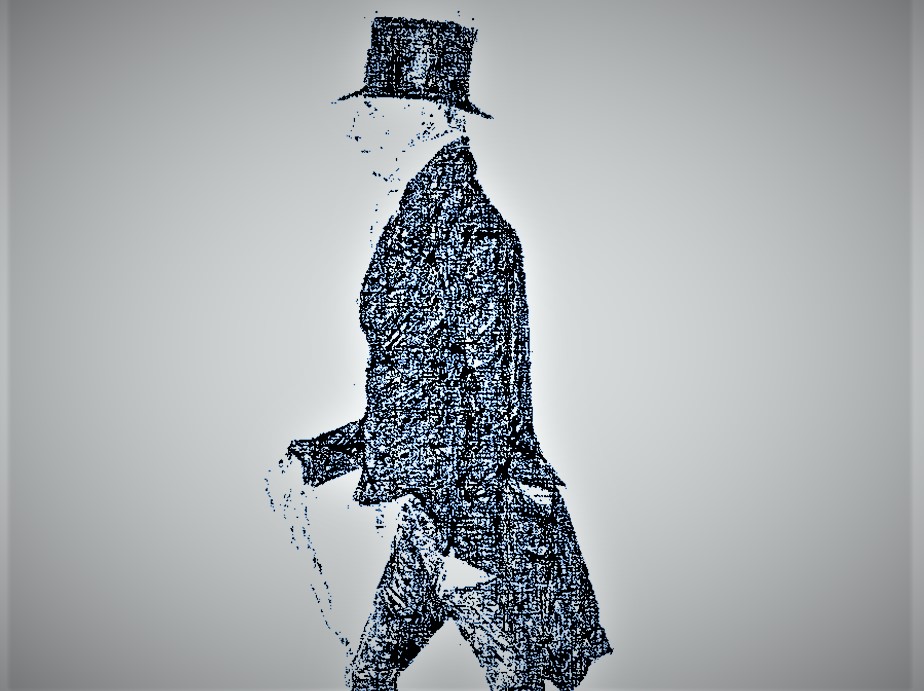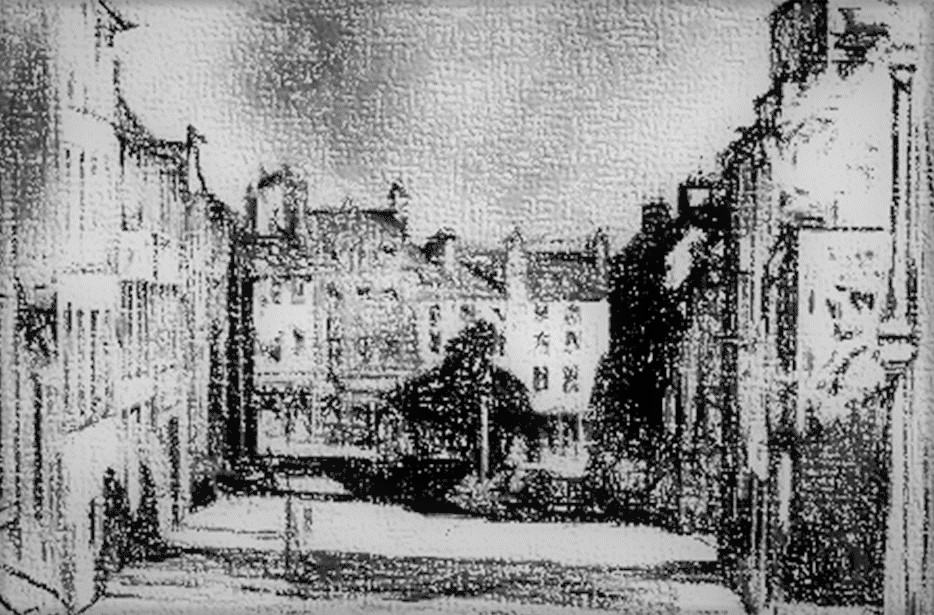This is the first section of Chapter III of the serialisation reproduced exactly as it appeared in the Stirling Sentinel on Tuesday 26th February 1889.
CHAPTER III – 1817-1820
THE “NARRATIVE” OF RICHMOND THE SPY – APPREHENSION OF SUSPECTS – A SORE-TRIED WEAVER – A RARE “QUID” OF TOBACCO – FRANCIS JEFFREY’S CLEVERNESS – HOW THE CROWN LAWYERS WERE DEFEATED – THE POLITICAL EXCITEMENT IN 1820 – THE MASSACRE OF PETERLOO – THE CATO STREET CONSPIRACY – THE GLASGOW RADICALS AGAIN – A CUNNING AGENT – A FATAL PAPER – THE DECOYING TREASONABLE ADDRESS.

It is a singular fact that most of our information as to the events of 1817 is supplied by no less a person than Richmond the spy. In 1824, considering himself inadequately remunerated by the Government for his services, he published a “Narrative”, which was soon afterwards bought up and suppressed. The callousness of some of the statements he makes is revolting, and in regard to his own share in the business he lies unblushingly, but the accuracy of the account he gives of the state of the country at the time, and the action taken by the Scottish officials of the Government has not been called in question.
He explains very clearly how a ferment was excited against the Radical reformers, not by their own doings, but by the absurdly exaggerated reports of police spies. “The gang”, he says, “let loose upon this occasion belonged chiefly to the police establishment of Edinburgh – the local officers being too well known. They were not much acquainted with particulars, but were given to understand there were some secret measures going on against Government, which they were to endeavour by all means to discover; the local officers also got a general notification, which, without being of any service, enabled them to assist in the howl and add to the mass of representation.
Such men might be qualified to associate with, and ferret out thieves, but could form no conception of, and were unfit to be entrusted with an affair of national importance; they frequented tap-rooms and public-houses; overheard the conversations of isolated individuals, with their passions excited and irritated by suffering. Immediately a report was made that a great number of persons were assembled in such a house, plotting to overturn the Government; one heard there were several meetings here; another, there were arms concealed there; a third, that there was to be a general insurrection on such a day, or such a night, until the Magistrates were put into such a state of horror and alarm that it was with difficulty they could be convinced I could give them notice in time to prevent them from being assassinated”.
Such was the state of matters when the Lord Advocate posted down from London to grapple with this “formidable conspiracy”. He ordered the instant arrest of fourteen persons whom the informers had reported to be dangerous, and keeping in view the declaration of the Lord Advocate in the House of Commons that the “higher orders” in Glasgow were implicated in the conspiracy, it is rather amusing to find that of the fourteen apprehended, the highest in the social scale was a teacher in the Calton, the others being a cotton-spinner, a clerk, a spirit-dealer, and ten weavers. Besides these, other twelve or fourteen persons were apprehended on suspicion, and were very harshly treated by the local authorities.
Henry Home Drummond, afterwards M.P. for Stirlingshire, went to Glasgow to superintend the judicial examinations of the prisoners, but his zeal outran his discretion, and by tampering with one of the accused for the purpose of getting conclusive evidence against the poor weaver, M’Kinlay, he brought well-deserved ridicule upon the whole proceedings. Edgar, the teacher, was first brought to trial, but the eminent counsel who generously came forward to defend the accused, picked so many holes in the indictment that the Crown officials were glad to let the prosecution drop. They thought they had a stronger case against M’Kinlay, because one of the prisoners, a weaver named John Campbell, was understood to be willing to turn King’s evidence. But, in the first place, there were great difficulties experienced in framing an indictment for high treason which would stand the examination of such men as John Clerk, James Moncrieff, Francis Jeffrey, and Henry Cockburn, who all offered their able services on behalf of M’Kinlay, as they had previously done on behalf of Edgar.
The first indictment was withdrawn, and M’Kinlay recommitted on a new warrant. A second indictment fared no better, and again M’Kinlay was recommitted. So determined were the officials (strong in their dependence upon Campbell’s testimony) to push the prosecution, that a third indictment was drawn up, no fewer than five declarations having been taken from the unhappy prisoners, who were confined in irons in Edinburgh Castle, where Campbell was also kept in security. These extraordinary proceedings attracted the attention of the whole country, and Lord Archibald Hamilton and Mr Henry Brougham complained in the House of Commons against the arbitrary and oppressive manner in which the Crown officials were acting. Brougham, in his usual forcible style, said that most unhappily for Scotland, a party might be indicted a thousand times for the same offence, if the law officers of the Crown thought it advisable. “The House had been informed that the first indictment against this unfortunate man, charged with high treason, had been quashed by the Court; there had been one trial, one detention in prison, one solitary confinement, one period of painful suspense; then came a second charge, a second imprisonment, a second period of suspense, a second judgement, and a second indictment quashed. The Crown officers, not satisfied with this, were now preparing a third torture for the unfortunate man”.
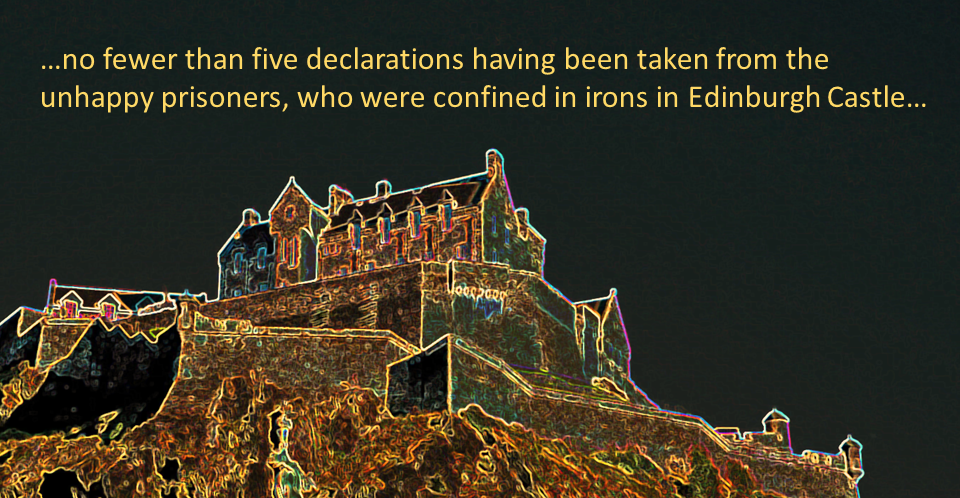
A long discussion followed, and the Lord Advocate, who was then in Scotland, was amazed to learn that even his friend Mr Kirkman Finlay had condemned him as incapable of drawing an indictment. Meantime the scare had passed, and the case in England upon which the Ministry had chiefly depended as a justification for suspending the Habeas Corpus Act, had entirely failed. This induced the Lord Advocate, according to Richmond’s narrative, to agree that as soon as the Court by its decision established the point of law, the capital part of the charge against M’Kinlay should be withdrawn. The third indictment was found relevant to infer the pains of law, and on the 23rd June, 1817, the accused was at last brought to trial.
The Crown lawyers had the greatest confidence in Campbell’s establishing their case, but Mr Jeffrey had a great surprise in store for them. Campbell, after promising to give evidence against his brother weaver, took a remorse of conscience, and adopted a rather ingenious method of communicating his state of mind to M’Kinlay. Being treated more as a witness than a prisoner, he was allowed the free use of pen, ink, and paper, and he scribbled on a small piece of paper addressed to M’Kinlay, these words: – “They are wanting to bribe me to swear away your life, but I’m true”. This slip was put inside one of the small rolls of tobacco which Campbell was allowed, and the next time the governor (Captain Sibbald) appeared in his cell, he was asked by Campbell if he would have the goodness to give the “quid” of tobacco to Andrew M’Kinlay on the other side of the Castle battlements.
The governor, without the slightest suspicion, promised to do so, and kept his word. A day or two afterwards, M’Kinlay discovered the message and handed it to his agent, who at once communicated it to counsel. It was resolved to ask permission for access to Campbell, but this was three times peremptorily refused by the Lord Advocate. A good handle was made of this refusal when the name of John Campbell was called in Court. “Stop a bit!” said Jeffrey, “we object to this man’s evidence”. He went on to say that Campbell was merely described as a prisoner in Edinburgh Castle, and that the prosecutor had prevented the prisoner’s agents from identifying the witness. “My Lords”, continued Jeffrey, “the public prosecutor has been hatching this evidence in the Castle of Edinburgh, and it is not yet disclosed”.
After a long debate the Court allowed the witness to be brought forward, thus unconsciously playing into Jeffrey’s hands. He was exceedingly anxious Campbell should be put into the witness box, but he knew that if the secret message was all right, the evidence of the witness would have all the more powerful an effect from the circumstances of his having been objected to by the prisoner’s counsel. In these days, after a witness was sworn, two preliminary questions were usually put to him by the Judge. The first of these was, “Have you any malice, or ill-will, to the prisoner at the bar?” To this question Campbell answered, “None, my Lord. The second question was, “Has anybody given you any reward, or promise of reward, for being a witness in this trial?” To this question Campbell immediately answered, “Yes, my Lord”. The effect was as if a bombshell had fallen among the Crown lawyers.
The question was repeated, the Court thinking that the witness had not properly heard or understood it. Again, came the affirmative reply, and Campbell, encouraged by the triumphant Jeffrey to speak out and not to be afraid, went on to tell that Mr Home Drummond, the Advocate Depute, had attempted to bribe him to give evidence by promising him a good permanent Government situation abroad. This honest avowal shattered the Crown case to pieces, and it was ignominiously abandoned, M’Kinlay and all the others arrested in Glasgow being liberated after four months’ imprisonment, the result of the machinations of Richmond the spy.
to be continued…

